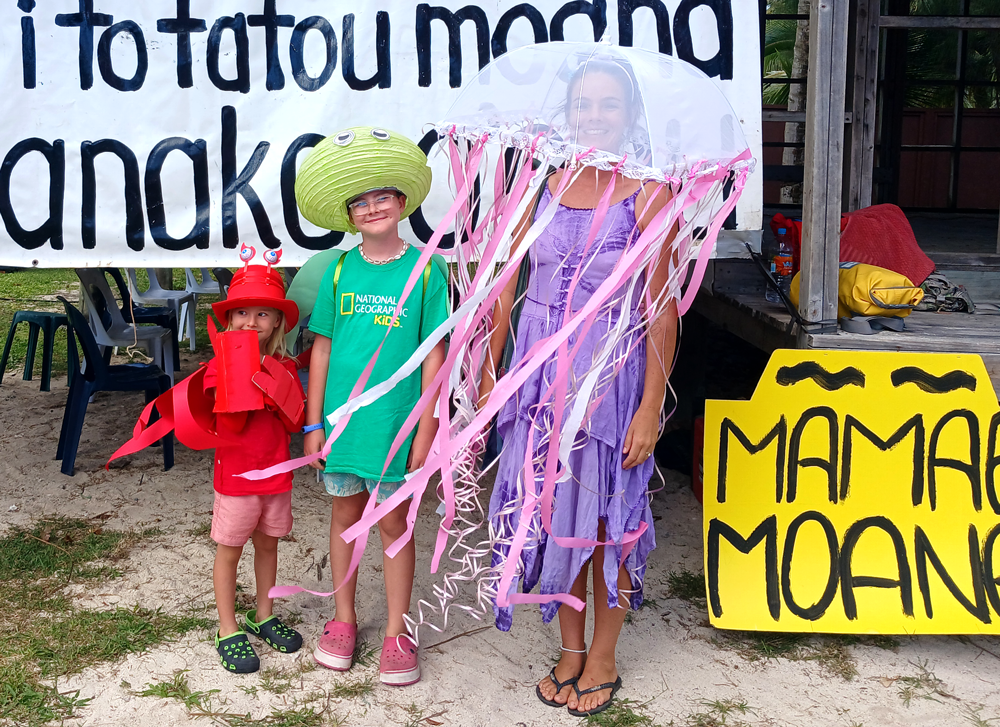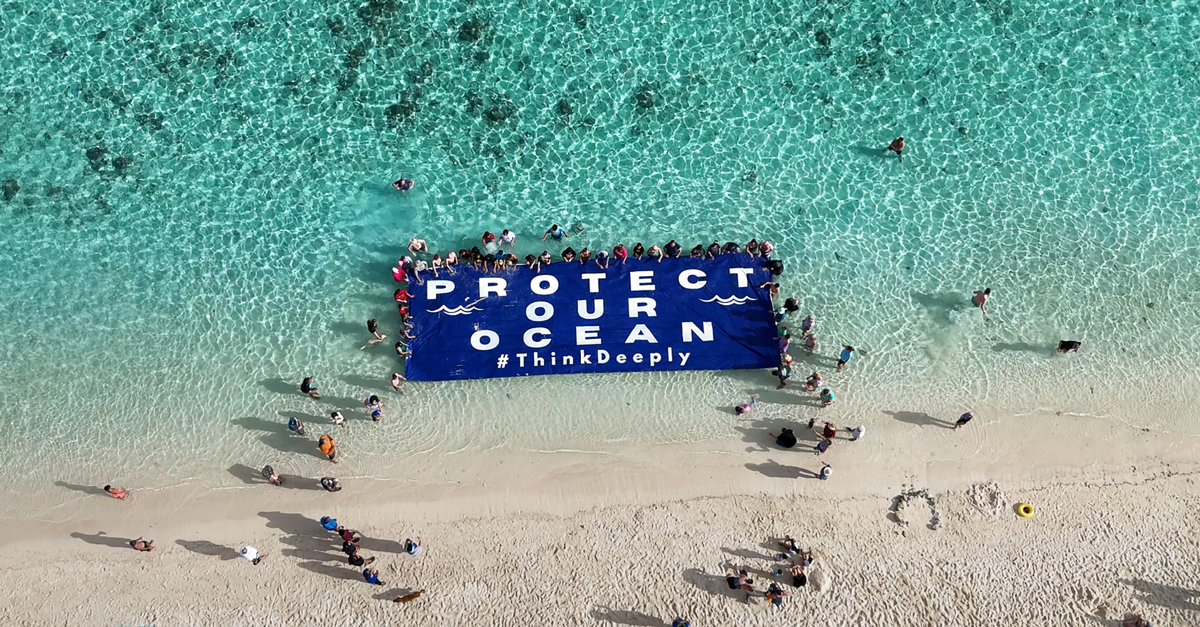Why Defend the Deep now?
This past Saturday (19 July), over 100 people joined us at Aroʻa Beach from 2pm, as we joined with others worldwide to call for a moratorium or pause on deep sea mining.
It was great to see the creativity and effort put into the sea-creature costumes. And the group photoshoot included locals and tourists (interested in the deep sea mining debate). All of them practising the chant "Auraka e ‘aru i taku moana" and delivering it with enthusiasm at 4pm. This was captured and has been shared on an international stage.

In the leadup to the event, the organiser's phone was constantly alerting her to additions to a global organisers group. As of the Tuesday night, events had already been organised in 24 countries, but in just one hour by Wednesday morning more had been added in Nicaragua, Opunake NZ, London, Australia, Pakistan, Nigeria, Portugal, Kingston Jamaica, France, Switzerland, and Bermuda.
But why Saturday to hold such an event? On Monday (21 July) the International Seabed Authority (ISA) assembly begins again, where States from around the world come together to discuss how Deep-Sea Mining (DSM) could take place in the high seas (areas outside of an EEZ), with most interest in the Pacific Ocean northwest of Hawaii. After this weekend, participating States won’t be able to ignore the clear message from millions of people globally. The message: ISA, please call a moratorium on DSM to enable scientists the time to better understand the untouched environment. More time is needed to make informed decisions on whether to proceed with this industry or not.
Deep-sea mining could cause irreversible harm to the ocean and climate, destroying fragile ecosystems, threatening carbon sequestration and storage, thereby exacerbating Climate Change, and pushing unique species toward extinction before we’ve even discovered them. These are species that could hold cures to cancers and more!
Increasing awareness of the risks deep-sea mining poses to us all has resulted in ongoing calls for a ban, a pause or a moratorium, from:
- more than 70 countries,
- 4,000,000+ public petition signatures,
- 37 countries have announced their support for a moratorium, a precautionary pause, or a ban on deep-sea mining,
- 262 Signatories to the Global Parliamentary Declaration Calling for a Moratorium on Deep Seabed Mining,
- 100+ NGOs, 75+ Indigenous and Local People groups, and
- over 1000 science and policy experts; and
- 9 seafood industry companies/organisations, 64 companies and financial institutions have refused to be associated with DSM.
Last week at the ISA, Jamaica, the Legal and Technical Commission (LTC) (established as advisory to ISA by the United Nations Convention on the Law of the Sea) acknowledged they don't have enough data (science) to develop thresholds, so, "economic, societal, and political considerations are necessary".
The LTC, which has 41 members, has an important role in making recommendations for the approval or disapproval of applications for exploitation.
So, with scientists and the LTC saying 'we don't know enough', the logical step is a moratorium. Even in a Seabed Minerals Authority article, Cook Islands deep sea mining poll sparks controversy, published September 2024, Alex Herman is quoted saying, “It is premature to do so [to decide to mine], as we do not currently have enough data and information to make a science-based decision.” In a SEA/CIA report commissioned by Seabed Minerals Authority and undertaken by BMT, released in March 2025, before listing findings they state, “This assessment is subject to a range of notable limitations, including the ability to effectively quantify all differing potential pressures and effects at an appropriate spatial scale appropriate for the assessment’s objectives.” That is, they didn’t have enough data to work with. A strong indication that as Alex implied, the Cook Islands doesn’t yet have enough information on the impacts to our ocean ecosystems or our society in general.
As our rāʻui tradition is reflected internationally, it makes sense to call for a Rāuʻi i teianei Ao i to tatou takere o te moana.
We say meitaki maata tikai to Kaena Mataiapo Tutara and tribe for the use of their land, Tiki Daniel, Pira and Maine Wichman, and Ocean Ancestors for helping make this event happen.
Now is the time for ocean guardians to take to the water in a united call: Stop deep-sea mining before it starts. Give scientists the time needed to really understand ocean biodiversity.

